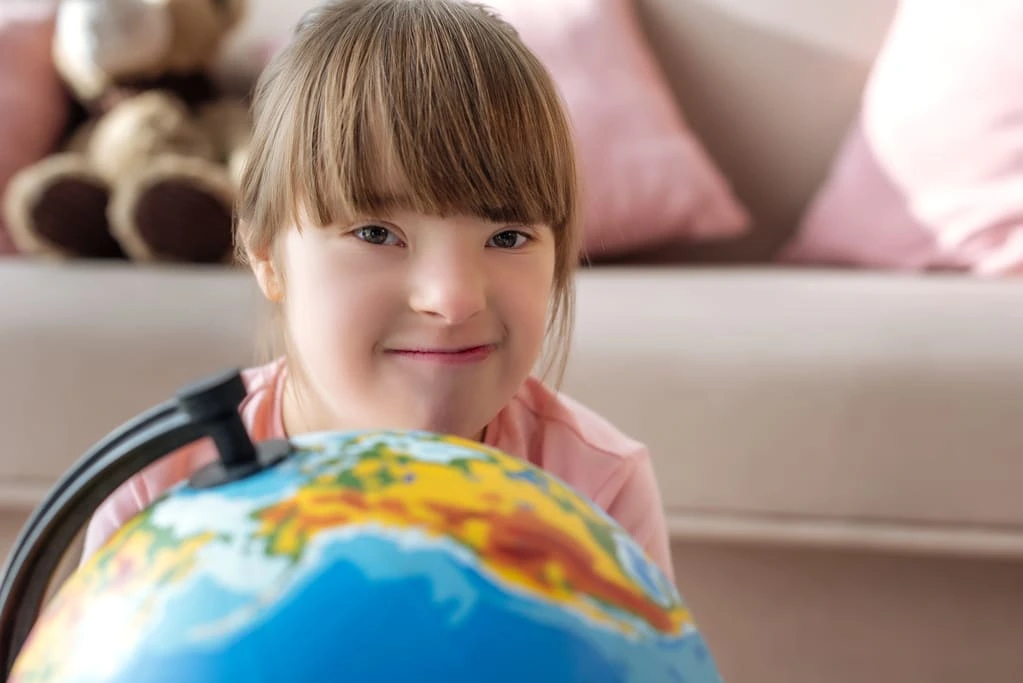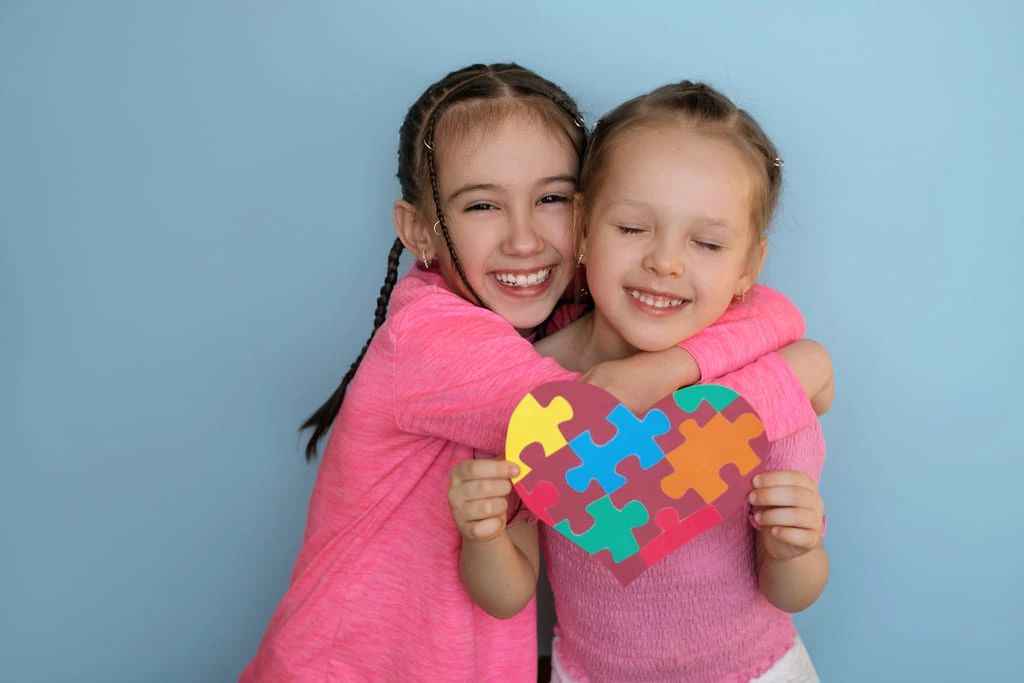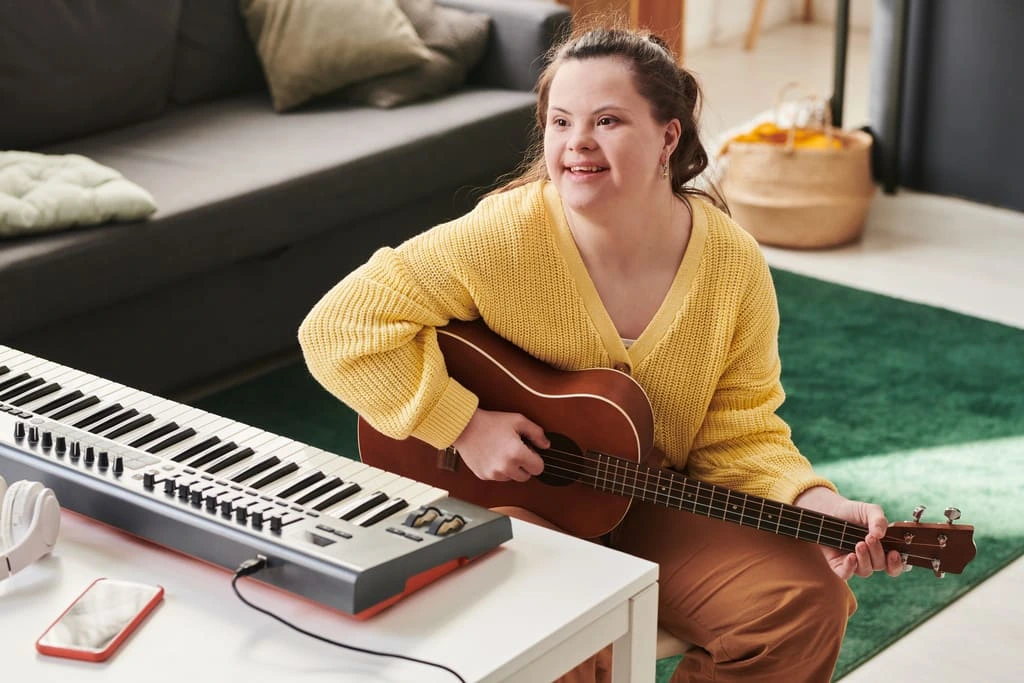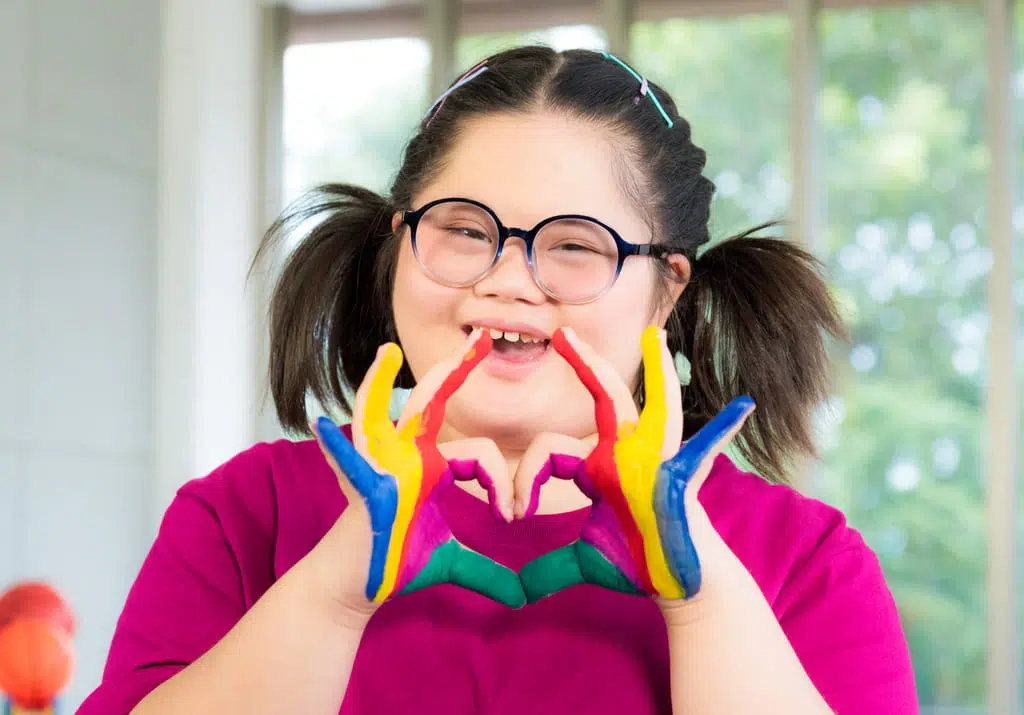Definition and Concept of Neurodiversity
Neurodiversity refers to the concept that neurological differences should be viewed as natural variations rather than disabilities. Judy Singer, a sociologist on the Autism spectrum, introduced the term in the 1990s. Singer challenged the image that an Autistic person was disabled, claiming that their brain works differently from the neurotypical population. Activists in and beyond the Autistic community embrace the term and have used it to promote equality and inclusion in schools and the workplace, aiming to reduce stigma and increase inclusion.
The core principle of neurodiversity is to shift the focus from the challenges associated with these brain differences to the strengths they can offer. Neurodiversity emphasises that they are variations of the human brain. By recognising and embracing the diverse ways individuals think, learn, and perceive the world, society can benefit from the unique perspectives and learning capabilities that neurodivergent people possess.
Neurodiversity challenges the traditional medical model that pathologises and seeks to ”normalise” neurodevelopmental differences. Instead, it promotes acceptance, inclusion, and celebrating neurological diversity. At Leaf Complex Care, our mission is for neurodivergent individuals to gain greater independence and freedom through providing proactive person-centred support.
What It Means to Be "Neurodivergent"
Neurodiversity means embracing and celebrating the beautiful diversity of human minds. It acknowledges that neurodivergent brains differ from neurotypical brains and encompass a broad range of cognitive abilities and ways of processing information. Neurodivergent people have unique perspectives and strengths that can radiate positivity and innovation.
Neurodivergent individuals have heightened creativity and pattern recognition, exceptional problem–solving skills and unique models of communication. Embracing neurodiversity requires fostering an inclusive society that respects and accommodates different ways of thinking and being, recognising that neurodivergent people create valuable contributions and inventions, from arts and music to discoveries in scientific fields that have moved our world.
Common Neurodivergent Conditions
Neurodivergence encompasses a diverse range of thinking and learning differences in how the brain functions and works that need to be recognised and understood in society. The neurological differences come with a vast spectrum of representation, such as:
- Dyscalculia
- Tourette's syndrome
- Intellectual disabilities
- Learning disabilities
- Williams syndrome
The progressive shift in understanding must acknowledge that neurodivergent people face social stigma. With greater awareness and acceptance, neurodivergent people are gaining opportunities to thrive and excel in various fields, bringing fresh perspectives and innovative thinking to the forefront.

Recognising Strengths and Unique Abilities in Neurodivergent People
Neurodivergent people are often aware of their strengths and challenges, which they have developed throughout a lifetime of overcoming challenges and maximising their potential. The neurodivergent community is substantial, 1 in 7 people have neurological differences worldwide, with estimates indicating that 10% have dyslexia, 5% have dyspraxia, 4% have ADHD, and 1-2% are on the Autistic spectrum. Neurodiversity celebrates differences, and there are many benefits of having different thought processes. Neurodivergent people can solve difficulties in ways others would not have thought of by looking at them from an entirely novel perspective.
Many neurodivergent people exhibit a strong commitment to social justice. This unwavering focus on equity and deep empathy leads neurodivergent individuals to passionately advocate for the rights and well-being of marginalised communities and the environment. Neurodivergence is increasingly becoming the norm and widely accepted, whether it involves differences such as dyslexia, dyspraxia, or Autism spectrum disorder. Living with ADHD, for instance, offers the significant strength of providing a different perspective that contributes valuable creativity and lateral thinking. At the same time, Autistic minds can have intense mental focus, analytical skills, and a high capacity for memorising information.
Appreciating Different Ways of Thinking and Processing Information
When people focus on awareness, inclusivity and advocacy, then all of us can witness a change in social relationships. Building this understanding takes time, and appreciating different ways of thinking and processing information are fundamental bases to become that change. Recognising and valuing the unique perspectives and cognitive styles that neurodivergent people hold fosters inclusivity and compassion towards creating a more neuro-inclusive society. By embracing diverse thinking patterns, society has the power to shape the future and create solutions that may otherwise be overlooked.
Creating Supportive Environments for Neurodivergent Individuals
Creating supportive environments for neurodiverse children and individuals ensures well-being and fosters growth. One way to provide support is by offering access to assistive technology, such as communication devices or sensory tools, which can enhance the ability to communicate and engage with the world around them.
Additionally, specialised therapies tailored to specific challenges can play a vital role in the development and overall quality of life. Furthermore, creating inclusive educational and work environments that offer necessary accommodations, such as reasonable adjustments, flexible schedules or sensory-friendly spaces, can enable neurodivergent individuals to thrive and make meaningful contributions to society.
At Leaf Complex Care, our support workers provide humanised care and positive behaviour support (PBS) that helps people receive proactive support. For example, we have designed a sensory integration room in our Bristol office, which provides calm and comfort for people with sensory processing challenges. Understanding and addressing needs can help neurodiverse individuals reach their full potential and create a more inclusive and equitable society.

Addressing Stigma and Misconceptions
One of the most significant steps in this process is education and inclusive language. By providing accurate information and raising awareness about the neurodiversity paradigm, we can challenge the stereotypes and myths contributing to stigmatisation.
Creating an inclusive language that acknowledges and respects the diversity of all of us as individuals are not just a matter of words; it is a powerful tool that can empower, validate, and foster a sense of belonging for those whose minds perceive the world in extraordinary ways.
When addressing neurodivergent individuals and discussing neurodiversity, please be mindful of the following neurodiversity terminology and phrases you should use:
Neurodiversity paradigm – encompasses the philosophy of neurodiversity
Neurodiversity movement – the social justice movement
Neurodiversity model – the natural diversity of human brains
A neurodivergent person rather than A person who has neurodivergence
People who think differently rather than People whose brain is differently wired
Differences rather than Abnormalities
Typical rather than Normal
Autistic traits rather than Red flags for autism
Neurotypical thinking forms part of the neurodiversity spectrum we all are on as human beings rather than Neurodivergence is when the brain is differently wired
To avoid misconceptions created around neurodiversity and the skills and abilities neurodiverse people possess, consider the following individuals who are part of the neurodiverse community and are known for their innovation and success:
Nobel Prize-winning theoretical physicist, Albert Einstein
Apple’s CEO, Steve Jobs
Virgin Founder, Richard Branson
Tesla’s CEO, Elon Musk
Climate activist, Greta Thunberg
Musician and singer, Florence Welch
Olympic gold medalist, Simone Biles
Oscar-winning actor, Sir Anthony Hopkins
By embracing neurodiversity, we can build bridges of understanding and compassion and avoid stigmatisation and misconceptions, ensuring that every voice is heard and every person is valued.

Neurodiversity Advocacy and Support with Leaf Complex Care
At Leaf Complex Care, we create pathways for neurodivergent people to thrive in every aspect of life.
The people we support are our priority, and it is fundamental to us that differences are welcomed, valued and supported with the proper humanised care. Encouraging open-mindedness and creating an environment that celebrates neurodiversity and differences helps individuals to flourish and contribute valuable insights, ultimately leading to a richer and more inclusive society.
Contact us today. We deliver our person-centred services across the UK, and you can find our offices located in Bristol, Slough, Midlands and Somerset.








